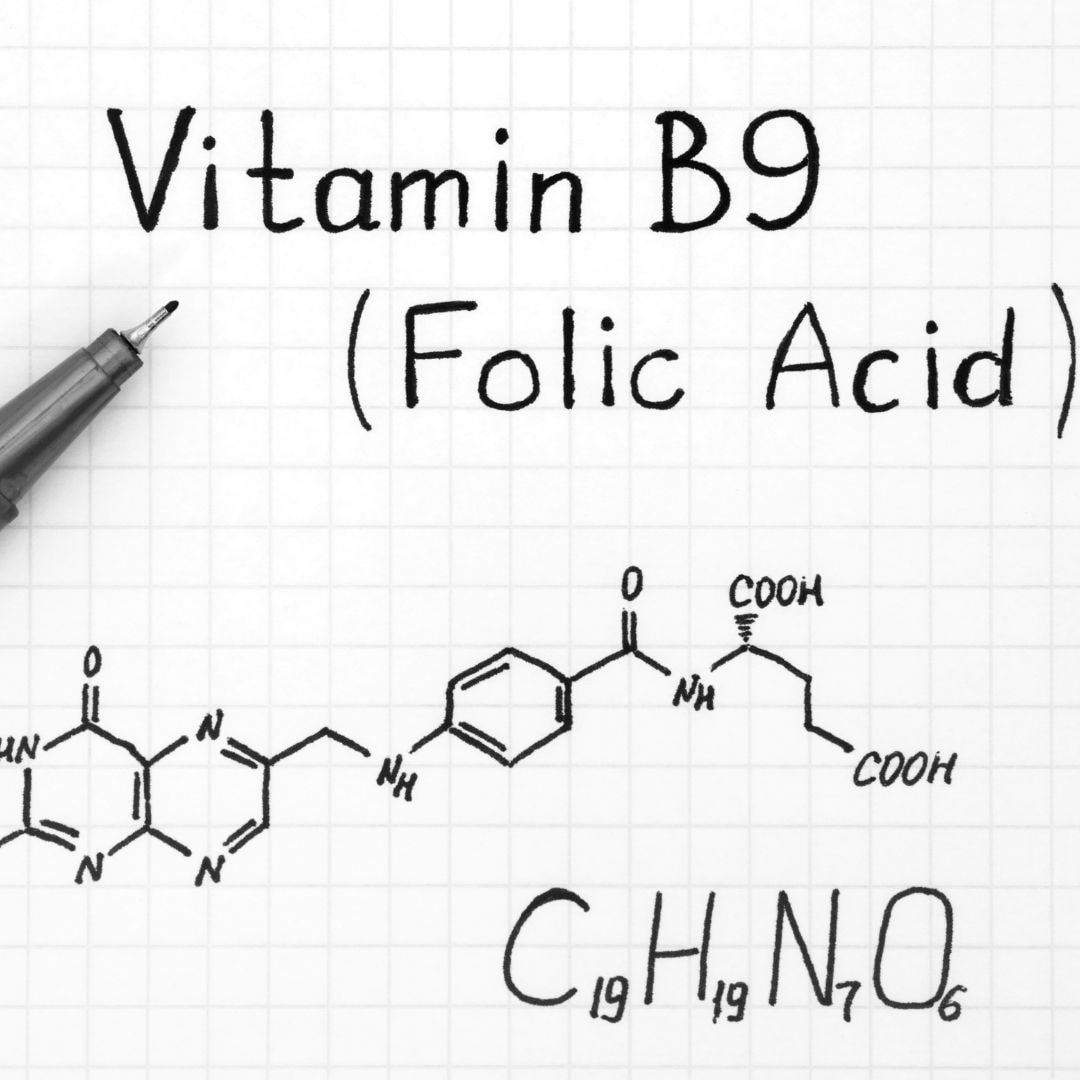|
Why should we care about vitamins?
Did you know that the tomato you eat today has drastically different nutritional values than a tomato thirty years ago? Most of our foods are exceedingly vitamin and mineral deficient. The cause of this is oftentimes due to global soil degradation, the loss of plant variety, the large distance that food now travels, or due to man made chemical inputs, herbicides, and pesticides. Due to this, most individuals who eat a modern western diet, have nutritional deficiencies, and chronic nutritional deficiencies can have a huge impact on individual health. Why Take Vitamins? Supplements in our diet can be used as a preventative approach to maintaining or improving health and wellness. In some illnesses, vitamins are also used as a primary treatment method by trained practitioners for certain short-term and chronic illnesses. Most often when we refer to vitamins we are not simply thinking about the most common types such as A, B, C, and D, but rather the more general idea of taking vitamins which alludes to minerals and other healthy nutritional choices as well. This week is Folic Acid awareness week, and so we wanted to share with you the importance of this amazing water-soluble vitamin and discuss its impacts on health and wellness. Folic Acid is part of the B Vitamin complex, also known as B9. B complex vitamins are water soluble and are not stored very well in the body, however they are one of the most important vitamin complexes that our body needs as they are required daily for a variety of essential functions such as proper digestion and absorption, energy levels, sleep and wake cycles, proper brain function, and most importantly, our cellular metabolic functions. This complex of vitamins works best together, and is also partially made in our native microbiome which is located in our small and large intestines. B9 (Folic Acid) is considered to be one of the key water-soluble B vitamins. When it is consumed it is actively transported from our digestive tract into the blood where it acts as a coenzyme for a multitude of functions and often is converted to its active form, tetrahydrofolic acid (THEA), in the presence of niacin coenzyme (NADP) and vitamin C. Folic acid is stored in the liver, enough for 6 to 9 months of body use before deficiency symptoms might develop. Most commonly folic acid is used to prevent anemia in pregnancy and is considered to relieve the symptoms of pernicious anemia. The best source of folic acid is foliage from dark leafy greens, certainly something to consider when we realize that it is so commonly deficient in many culture's processed-food diets. Additionally, it is manufactured by our intestinal bacteria, so having a healthy microbiome is a key secondary component to healthy B vitamin levels. What does Folic Acid Do? Like many of the B vitamins, folic acid plays a key role in a large amount of key body processes, for example: - It aids in red blood cell production by carrying the carbon molecule to the larger heme molecule, which is the iron-containing part of hemoglobin (the oxygen carrying molecule within red blood cells). - Helps to breakdown and utilize dietary protein. - Used in the formation of nucleic acids for RNA and DNA - Has a fundamental role in the growth and reproduction of all cells. - Allows for proper balancing of brain neurotransmitters that control mood, sleep and wake cycles, and maintained brain chemistry If there is a deficiency of folic acid, there is decreased nucleic acid synthesis and cell division is hampered. This deficiency can play a large part in birth defects of a fetus and can lead to low birth weight or growth problems in infants. This is why folic acid is considered so key during pregnancy as it allows for proper balancing of brain neurotransmitter levels and development of an infants nervous system. In pregnancy women with a deficiency, the likelihood of neural tube defects in infants - including problems with anecephaly, encephalocele, and spinabifida is increased by folate deficiency. Deficiency: Despite our knowledge about folic acid, it is still considered to be one of the most common vitamin deficiencies. Most commonly it proves to be a problem in the elderly, in alcoholics, in psychiatric patients, in epileptics, in women on birth control pills, and with those taking such drug therapies as sulfa antibiotics and tetracyclines which deplete folic acid by killing off the bacteria in our microbiome which produce it. Those eating a standard North American Diet that is high in fats, meats, white flour, white sugar, and processed convenience foods may also develop folic acid deficiency. When we consider the presentation of folic acid deficiency, it is good to know that it presents itself like many other B vitamin deficiencies, this being with anemia, fatigue, irritability, weight loss, headache, sore and inflamed tongue, diarrhea, heart palpitations, forgetfulness, hostility, and feelings of anxiety, depression, or often paranoia. Because folic acid is so readily available in foods, this is a deficiency which can be easily remedied by implementing a more whole foods or seasonal diet. Foods Rich in Folic Acid Include: - Broccoli - Brussels Sprouts - Leafy Green Vegetables such as Cabbage, Kale, Spring Greens, and Spinach - Peas - Chickpeas and Kidney Beans - Chard - Asparagus - Liver - Nuts and seeds - Avocado Additionally, we have a variety of plant allies that can assist with folic acid deficiency as well, and can be taken cooked or raw as a food. Herbs that Contain Folic Acid - Nettle (Urtica dioica) - Chlorella (Chlorella vulgaris) - Plantain Leaf (Plantago majora), do not eat in excess during pregnancy - Oats (Avena sativa) - Wild Yam Root (Diascorea villosa), do not take during pregnancy unless under supervision So the next time you consider your B vitamins, consider folic acid, what it does, how it helps our amazing bodies, and the variety of plants that offer it in abundance. Want to know more about folic acid? Have questions about vitamins and supplements? Want to know more about good supplement choices? Feel free to reach out directly by DM on our social media sites, email us, or contact the office! Healing House carries the full line of Genestra, Pure Encapsulations, Douglas Laboratories, Seroyal, and Wobenzym products. We ship to the US and Canada (Shipping of Supplements within Canada is always free). In Health and Wellness, Petra References: Staying Healthy with Nutrition The Complete Guide to Diet and Nutritional Medicine by Elson M. Haas, MD. - Celestial Arts Publishing Berkeley California 2006
1 Comment
7/6/2024 03:52:08 am
I think folic acid awareness is incredibly important! It's a simple thing that can have a huge impact on a baby's health. Even if you're not actively trying to get pregnant, taking folic acid can help prevent serious birth defects. I believe in spreading the word so more people know about the benefits and how easy it is to incorporate folic acid into their daily routine.
Reply
Leave a Reply. |
Petra Sovcov is not a Medical Doctor (MD) nor a Naturopath (ND), she is a Clinical Herbal Therapist (CHT) and holds a Doctorate in Natural Medicine (DNM). The suggestions or recommendations made on this site are not meant to be a substitute for advice from your MD, or as a substitute for any prescriptions you may be taking. Suggestions followed will be the responsibility of the reader, and are stated with the intention of interest and education only. If you have a health issue, please see your primary care physician (MD) first and foremost. Categories
All
Archives
July 2024
|


 RSS Feed
RSS Feed